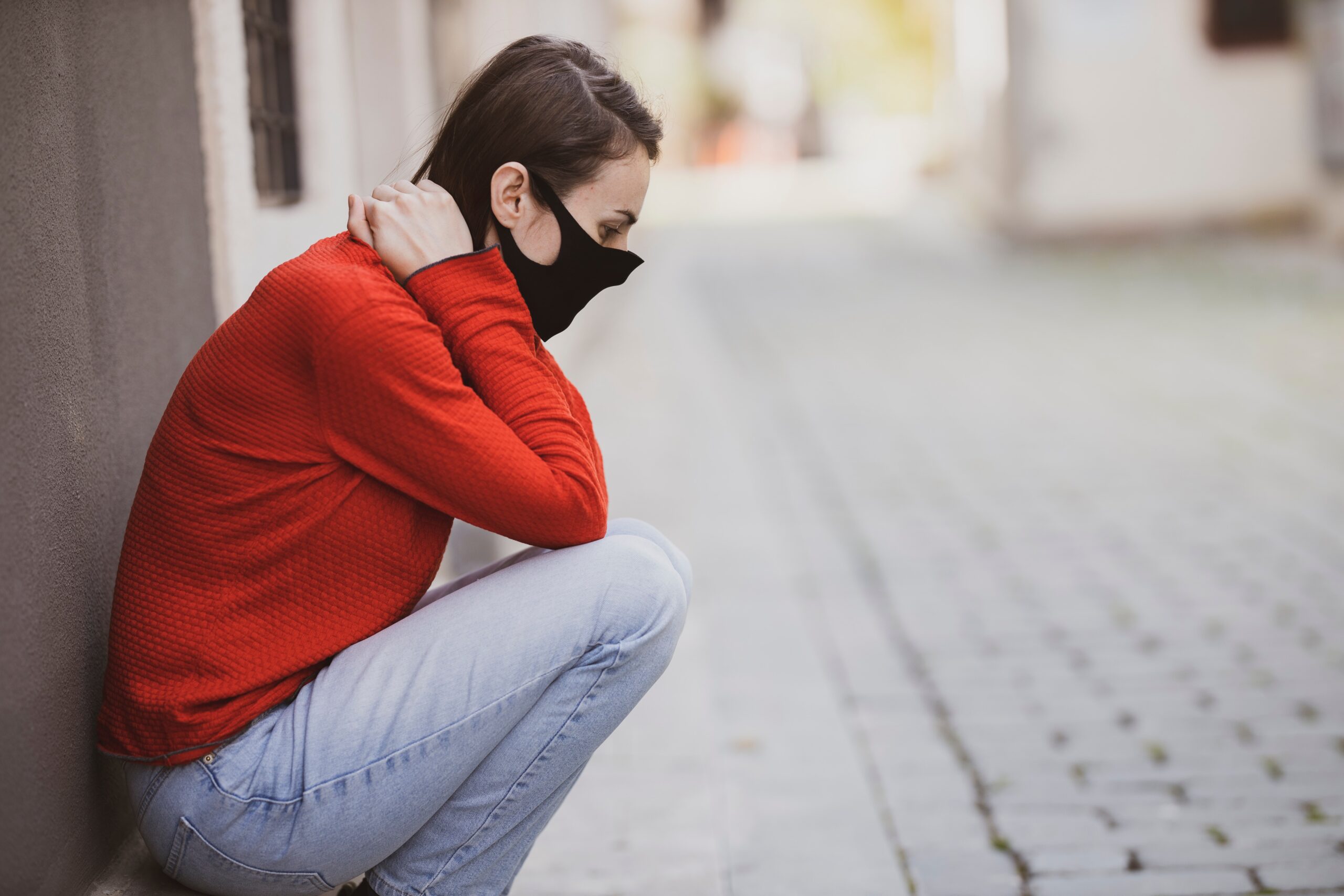As summer holidays approach and lockdown measures continue to lighten, many of us in Australia are out and about socialising for the first time in months.
It’s easy to assume that we would all be jumping for joy – but that’s not necessarily the case. While many people are revelling in the ability to reconnect, for others it brings some discomfort or even anxiety.
For some people, this discomfort relates to the understandable caution around minimising the risk of COVID-19 contagion, or navigating the pressure to engage at a faster pace than they would like. For others, being out of practice during COVID-19 has left us feeling a bit rusty, or even socially anxious, when it comes to engaging with others.
“On my first day back in the office, I noticed right away that something felt different,” said Naomi. “I was so excited to see people for the first time in months that I couldn’t contain myself; I was speaking really loudly and talking over the top of people, blurting things out without thinking, jumping from one topic to the next. It was like I lost all semblance of social decorum!”
Leah had a different, albeit not dissimilar, experience:
“I was catching up with a good friend for coffee for the first time in months, and in the days leading up to it I noticed how anxious I was feeling; would we have enough to talk about, would there be lots of awkward silences… I could barely remember what we used to talk about before COVID-19 times. I even made conversation notes for myself beforehand because I was so worried we would run out of things to say! Once I got there it was fine but the anxiety I felt beforehand was actually quite intense.”
Others simply report feeling rusty or out of practice, as well as having to adjust to new situations: negotiating social interactions while distancing, talking to others outside of a screen for the first time in months, or reading facial expressions and cues when wearing masks – especially challenging for those with hearing difficulties.
So what can you do if you notice these feelings?
- Own it! Lean into it and laugh it off. Sometimes putting it out there and acknowledging the discomfort can really help to ease those feelings of anxiety or self-consciousness – and you’ll be surprised how many people are feeling the same way.
- Manage your expectations. Reassure yourself that with time and practice, things will become easier.
- Take it slow. Start small and build up – for instance, begin with a quick coffee with a close friend, rather than a high pressure dinner party. If you’re really struggling with conversation, consider starting off with activities that minimise the need to talk at length, e.g. seeing a movie.
- Avoid the temptation to use alcohol to manage the discomfort; while it may feel helpful in the moment, it tends to make things more difficult in the long term.
For most people, these feelings will pass with time as we gradually adjust to our new COVID-19 normal. However, if anxiety is getting in the way for you – for instance, if these feelings are persistent, interfering with everyday interactions, or causing distress – then some extra support may be helpful.
It’s good to talk.
Jewish Care COVID-19 Helpline – 8517 5555
Beyond Blue – 1300 22 4636
Anxiety Helpline – 1300 269 438
Mensline – 1300 78 99 78
Kids Helpline – 1800 55 1800


Comments are closed.